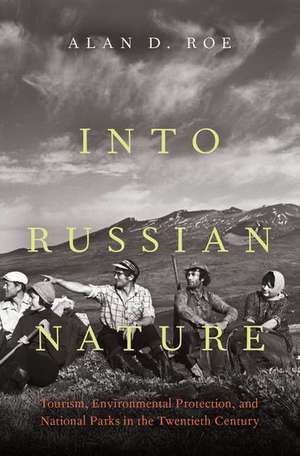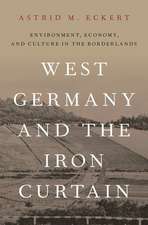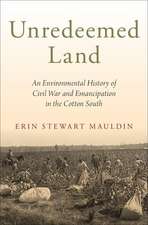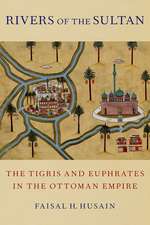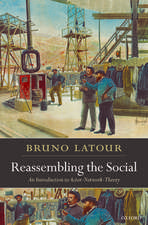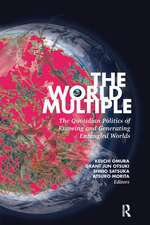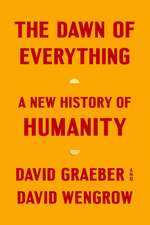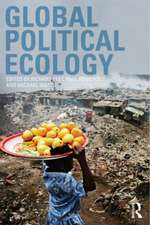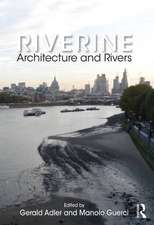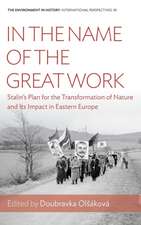Into Russian Nature: Tourism, Environmental Protection, and National Parks in the Twentieth Century
Autor Alan D. Roeen Limba Engleză Hardback – 5 iun 2020
Since the early twentieth century, nations around the world have set aside protected areas for tourism, recreation, scenery, wildlife, and habitat conservation. In Russia, biologists and geographers had been intrigued with the idea of establishing national parks before the Revolution, but instead persuaded the government successfully to establish nature reserves (zapovedniki) for scientific research during the USSR's first decades. However, as the state pushedscientists to make zapovedniki more useful during the 1930s, some of the system's staunchest defenders started supporting tourism in them. In Into Russian Nature, Alan D. Roe offers the first history of the Russian national park movement. In the decades after World War II, the USSR experienced a tourism boom and faced a chronic shortage of tourism facilities. During these years, Soviet scientists took active part in Western-dominated international environmental protection organizations and enthusiastically promoted parks for the USSR as a means to expand recreational opportunities and reconcile environmental protectionand economic development goals. In turn, they hoped they would bring international respect to Soviet nature protection efforts and help instill in Russian/Soviet citizens a love for the country's nature and a desire to protect it. By the end of the millennium, Russia had established thirty-five parks toprotect iconic landscapes in places such as Lake Baikal. Meanwhile, national park opponents presented them as an unaffordable luxury during a time of economic struggle, especially after the USSR's collapse. Despite unprecedented collaboration with international organizations, Russian national parks received little governmental support as they became mired in land-use conflicts with local populations. Exploring parks from European Russia to Siberia and the Far East, Into Russian Nature narrates efforts, often frustrated by the state, to protect Russia's vast and unique physical landscape.
Preț: 279.25 lei
Preț vechi: 326.06 lei
-14% Nou
53.44€ • 58.03$ • 44.89£
Carte disponibilă
Livrare economică 21-27 martie
Specificații
ISBN-10: 0190914556
Pagini: 360
Ilustrații: 37 illustrations
Dimensiuni: 236 x 157 x 33 mm
Greutate: 0.68 kg
Editura: Oxford University Press
Colecția OUP USA
Locul publicării:New York, United States
Recenzii
An engaging and surprisingly optimistic exploration of a mostly disheartening topic....Roe...examines a fresh topic that has been surprisingly neglected: the formation of a Soviet and post-Soviet Russian national park system....Even after the breakup of the Soviet Union, Russia remains the largest country in the world, containing huge amounts of terrain designated for protection and much more that ought to be managed wisely. Whether these lands will receive the stewardship they deserve remains an open question at the end of Into Russian Nature.
Thoroughly enjoyable... Roe's work paints a picture of a country aware of its beauty but ambivalent over how to effectively preserve it. According to Roe, the historical reason for this is the state's unwillingness to fully acquiesce to a foreign model despite the persistent expert belief in its superiority. The result is not only a fractured national park infrastructure but also a cultural and social myopia concerning nature conservation among average Russian tourists and nature seekers.
Into Russian Nature...contains plenty of historical richness and the book makes a major contribution not only to Russian environmental history but also to the broader international history of national parks and the history of the Cold War.
a comprehensive, excellent and engaging history
Notă biografică
Alan D. Roe is a lecturer in history at West Virginia University.
